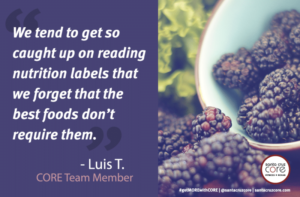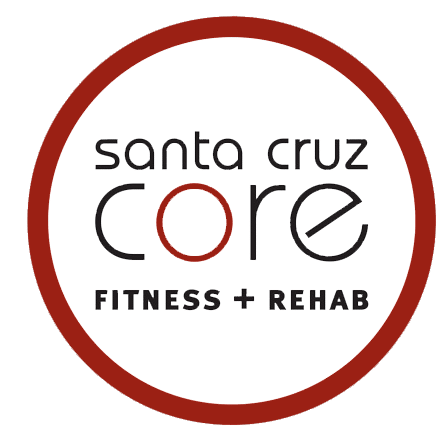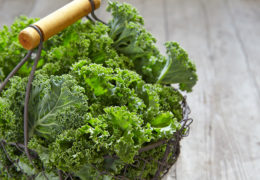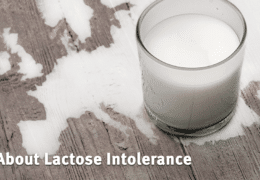 With so many different diets claiming to provide miraculous weight loss or unlimited energy, it can be difficult to know which are actually beneficial to health and weight loss goals.
With so many different diets claiming to provide miraculous weight loss or unlimited energy, it can be difficult to know which are actually beneficial to health and weight loss goals.
However, the answer may be easier than you think. We tend to already know what is needed for a healthy diet, which consists mainly of fresh, whole foods found in nature, so to see results one simply needs to find a way to incorporate healthy foods into their daily diet.
The People Difference
It is important, however, to keep in mind that each individual is different, and therefore dietary needs will vary from person to person. For instance, while dairy can be a healthy addition to one’s diet and provide many vital nutrients, those who are lactose intolerant or sensitive to dairy will need to find alternatives.
Having a predisposition for certain medical conditions, such as heart disease, cancer or diabetes, is another good example. Each individual’s body is different, and certain foods can further aggravate or increase the chance of developing a predisposed condition. Contact a nutritionist to help determine which foods aggravate your system.
When grocery shopping, take note that the healthiest foods, such as fruit, vegetables and fish, that don’t need a label to let you know their nutritional value. We tend to get so caught up on reading nutrition labels that we forget that the best foods don’t require them.
The “Western Diet”
 The main thing that one can do to ensure a well-balanced diet based on whole foods, is to step away from what is known as the “Western diet”.
The main thing that one can do to ensure a well-balanced diet based on whole foods, is to step away from what is known as the “Western diet”.
The Western diet mostly consists of large quantities of meat and highly processed foods, with very little fruits and vegetables. This diet is one major contributor to today’s high rates of chronic conditions like heart disease, diabetes and obesity.
To avoid this, it is important to increase our daily intake of fresh foods and prepare more meals at home. This ensures that we know what goes into the meals we are consuming and can step away from convenience foods.
Making vegetables the star of every meal helps one consume higher levels of plant-based protein, fiber and nutrients. People who eat more fruits and vegetables are typically less likely to be overweight, have better overall health and greater longevity.
Convenience Foods
 It is important to remember that the goal of convenience food manufacturers is profit, which leads them to pick the cheapest and lowest quality ingredients they can find for production. Refining foods like bread is a very common practice in the manufactured food industry, which strips away much of the nutritional value of the food while increasing its shelf life.
It is important to remember that the goal of convenience food manufacturers is profit, which leads them to pick the cheapest and lowest quality ingredients they can find for production. Refining foods like bread is a very common practice in the manufactured food industry, which strips away much of the nutritional value of the food while increasing its shelf life.
Companies will try to compensate for the refining process by increasing salt and sugar, which play a role in both increasing shelf life and the taste of food. Food with little to no nutritional value is not the target of bacteria, which is why some foods at the grocery store can stay on the shelf for extensive periods of time. Just think: if bacteria doesn’t want it, why should you?
What Is A Good Diet?
A healthy diet should generally not be too restrictive or cut out whole food groups, and should consist mainly of fresh fruits and vegetables. Whole grains, healthy fats, and a moderate amount of lean meats should also be incorporated. While dietary supplements can help ensure that our bodies are fully nourished, nothing beats the power of food!
Sources: Adam, Maya, MD. "Stanford Introduction to Food and Health." Coursera. Stanford University, n.d. Web. 30 May 2017. <https://www.coursera.org/learn/food-and-health>.









Thanks for this useful information.
I Totally agree with you. Everyone’s body is different, and one diet may not work for everyone. Quality of the food is what we should look for. ☺
Wise words, very true, there is no one size fits all when it comes to diets, exercises or medicine. Quality of food and healthy living should come first!